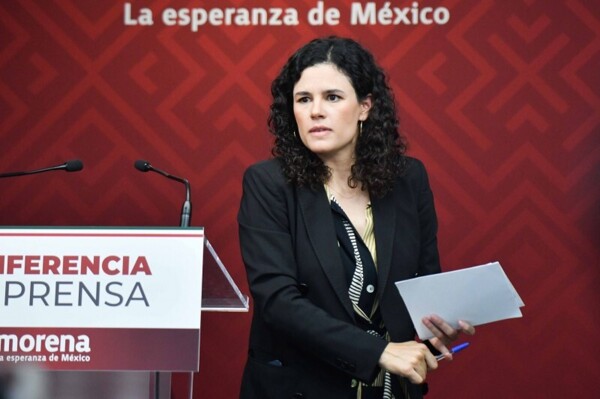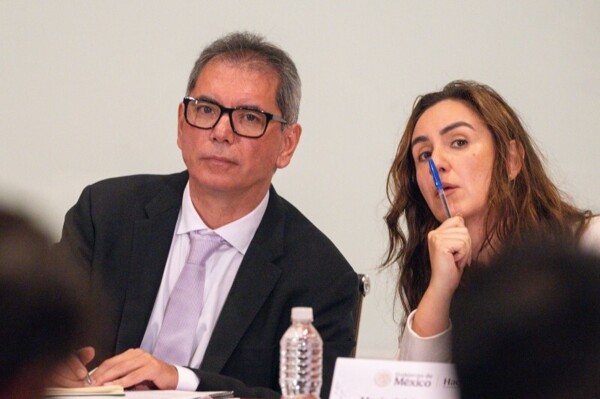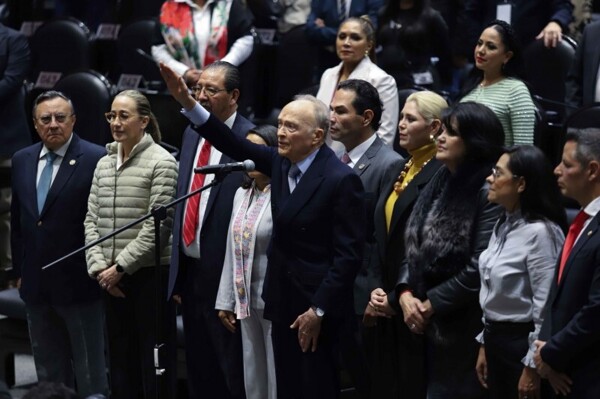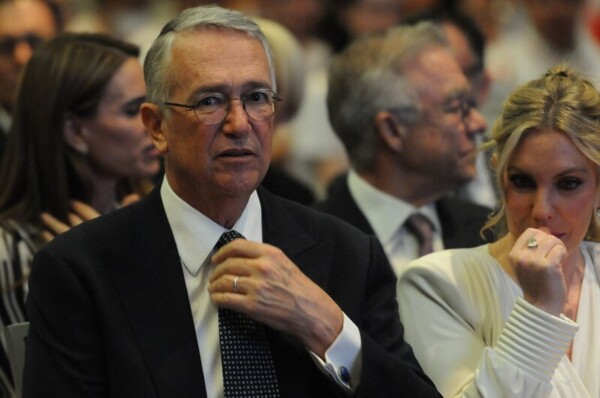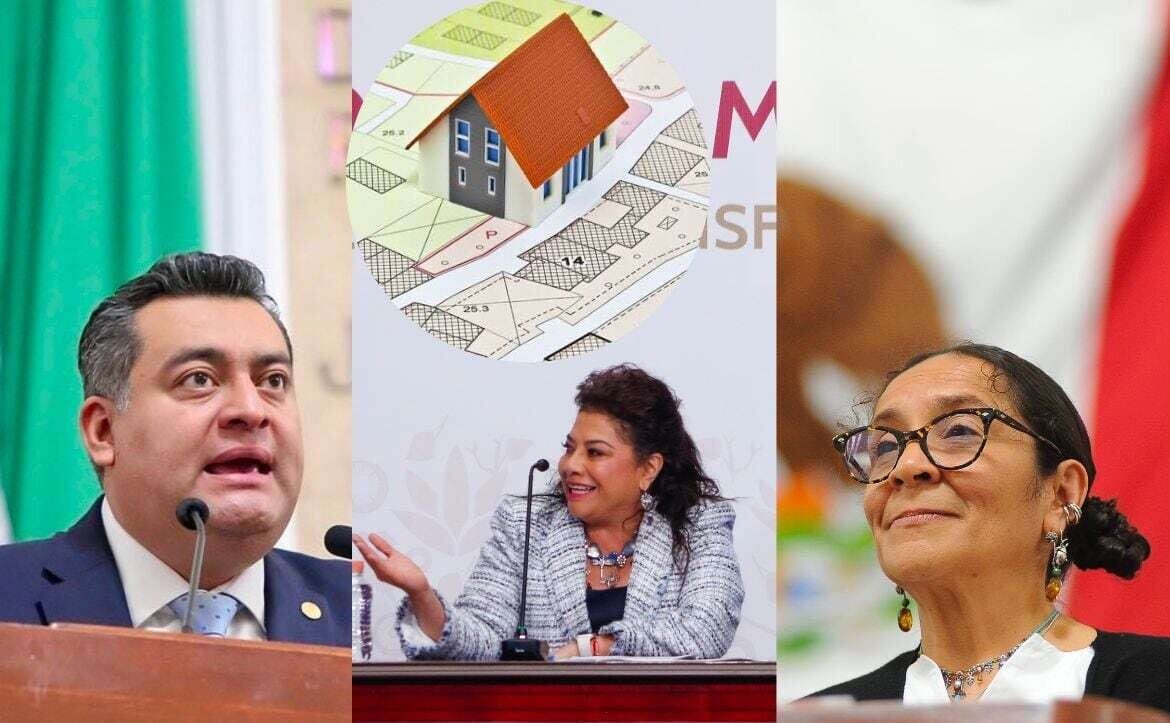
The process of modernization of the cadastre in Mexico City has been highlighted by Clara Brugada and Juan Pablo de Botton. This process involves an update of geographical information with the aim of improving urban and real estate development in the capital. De Botton mentioned that the cadastre is a constantly evolving catalog and that modernization involves precision in geographical information, use of technology, and citizen participation.
In this context, a confrontation arose between the PAN and Morena in the local Congress, provoked by Diego Garrido from PAN, who challenged the 4T to approve an initiative to prevent the 'Venezuelanization' of housing in the city. In response, Valentina Batres from Morena urged the PAN to cease the dissemination of false information about the approved legislative reforms and clarified that the cadastral registration has statistical purposes and is voluntary for property owners.
Clara Brugada asserted that participation in the informative declaration of the property is optional and does not carry repercussions if not done. She denied the PAN's accusations about the obligation to declare properties with certain value, guaranteeing respect for private property and legal certainty. It was emphasized that the reform involves improving public services, increasing transparency in real estate transactions, and protecting conservation land.
Juan Pablo de Botton emphasized that the modernization of the cadastre will simplify procedures, digitize processes, and improve the operational efficiency of institutions. He stressed that citizen participation is fundamental in this process, which seeks collective benefits and transparency in urban management. The deadline for the update is voluntary and those who do not participate will not be pursued.











